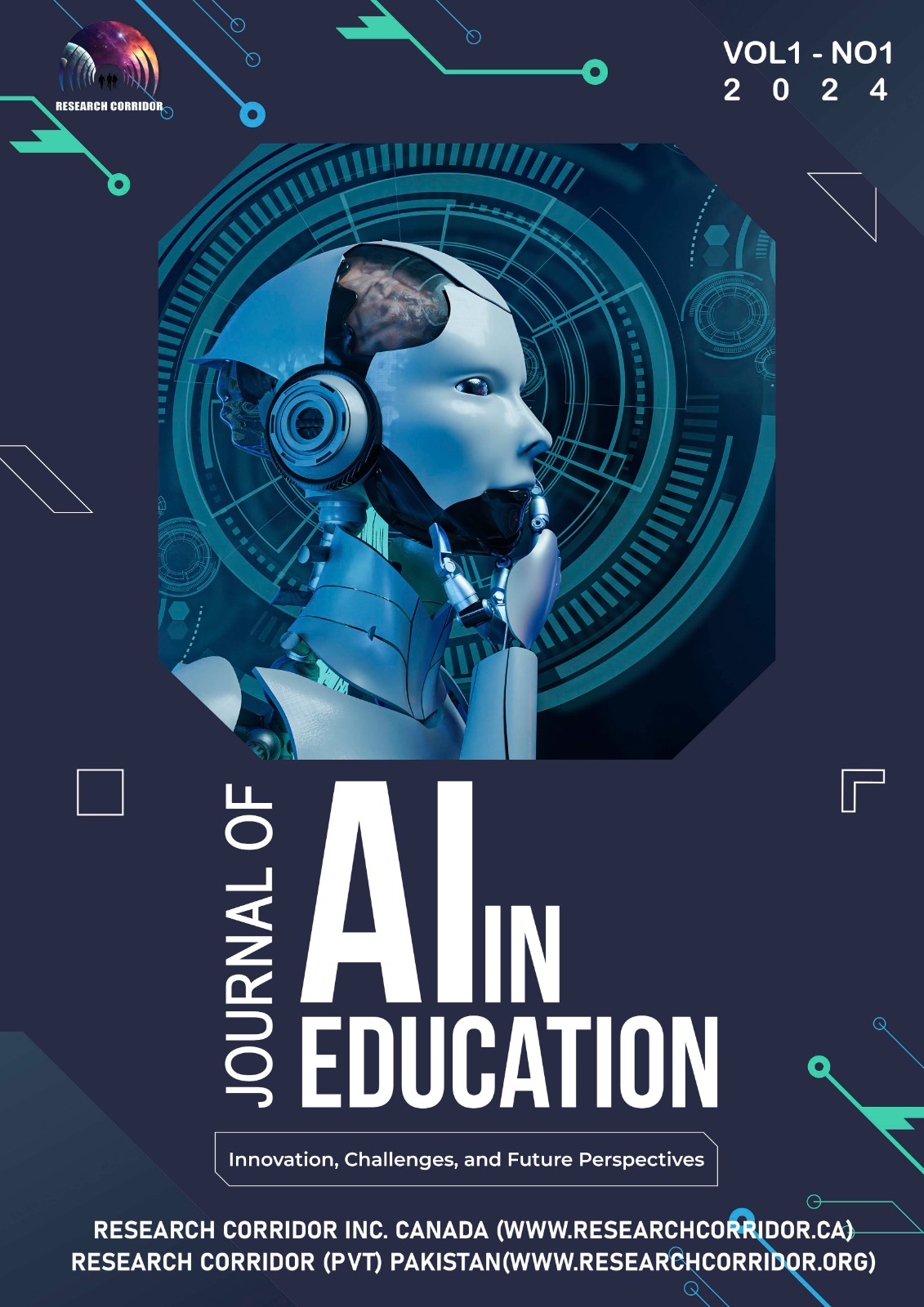The Future of AI in Education: Trends, Opportunities, and Policy Implications
Keywords:
adaptive learning, intelligent tutoring systems, AI policy in education, personalized learning, digital transformation in education, ethical implications of AI, data privacy in education, AI-driven assessment, future of learningAbstract
Artificial Intelligence (AI) is transforming the education sector by enhancing personalized learning, automating administrative tasks, and improving educational accessibility. This paper explores emerging trends in AI-driven education, such as adaptive learning platforms, intelligent tutoring systems, and AI-powered assessment tools. These innovations cater to diverse learning needs, fostering engagement and efficiency in both traditional and online learning environments. Additionally, AI supports teachers by reducing workload and offering data-driven insights for student performance evaluation.
Despite these advantages, the integration of AI in education presents significant challenges, including ethical concerns, data privacy issues, and the digital divide. Policymakers must address these challenges through well-defined regulations, ensuring equitable access to AI-driven education and protecting student data. The role of AI in shaping future curricula, teacher training, and assessment methods requires comprehensive policy frameworks to balance innovation with ethical considerations.
This study provides insights into the opportunities AI presents in education, emphasizing its role in fostering inclusivity and lifelong learning. The research highlights policy recommendations for governments and educational institutions to maximize AI’s benefits while mitigating risks. Future research should explore the long-term impact of AI on student learning outcomes and the evolving role of educators in AI-integrated classrooms.





